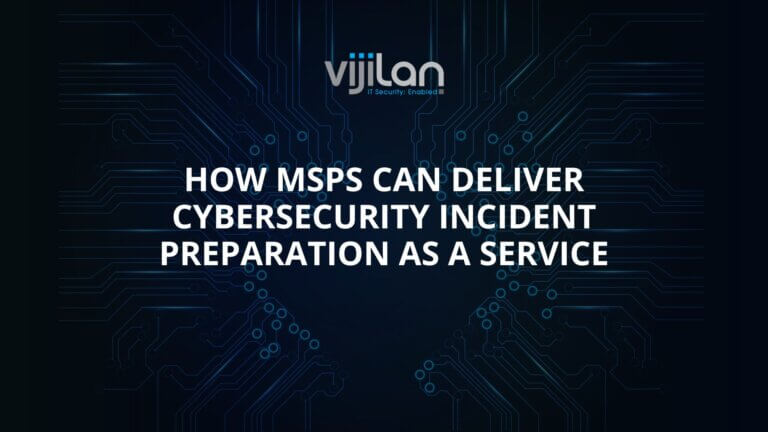Security Operations Center (SOC)
Not having a Security Operations Center can expose an organization to several risks and potential consequences. Some of the key risks of not having a SOC include:
1. Limited Threat Detection: A Security Operations Center is designed to monitor and analyze security events and incidents in real time. Without a SOC, an organization may lack the ability to detect and respond to security threats effectively. This can result in delayed or missed detection of cyber attacks, leaving the organization vulnerable to further compromise.
2. Slow Incident Response: A SOC plays a critical role in incident response by providing a centralized team that can quickly investigate and respond to security incidents. Without a dedicated SOC, incident response efforts may be slower and less coordinated, increasing the time it takes to detect and mitigate the impact of security breaches.
3. Increased Downtime and Business Disruption: In the absence of a Security Operations Center, it may take longer to identify and remediate security incidents. This can lead to extended periods of system downtime, service disruptions, and loss of productivity. The longer it takes to detect and address security issues, the greater the potential impact on business operations.
4. Data Breaches and Loss of Intellectual Property: Cybercriminals are constantly looking for vulnerabilities to exploit. Without a Security Operations Center, an organization may have limited visibility into ongoing attacks, making it easier for adversaries to infiltrate the network, steal sensitive data, or compromise intellectual property. Data breaches can result in significant financial and reputational damage.
5. Compliance and Regulatory Risks: Many industries have specific security regulations and compliance requirements that organizations must adhere to. Not having a SOC can make it challenging to meet these obligations, increasing the risk of regulatory non-compliance, fines, and legal repercussions.
6. Inadequate Threat Intelligence: A SOC is responsible for gathering and analyzing threat intelligence to stay updated on the latest cyber threats and vulnerabilities. Without a SOC, organizations may have limited access to timely threat intelligence, making it harder to proactively protect their systems and infrastructure.
7. Lack of Security Expertise: A Security Operations Center typically consists of trained security professionals who possess the necessary skills and knowledge to detect, analyze, and respond to security incidents. Without a SOC, organizations may lack the internal expertise needed to effectively handle advanced and evolving cyber threats.
It’s important to note that the risks and impact of not having a Security Operations Center can vary depending on the size, industry, and specific security requirements of an organization. However, in today’s threat landscape, having a dedicated SOC or leveraging managed security services is generally considered essential for maintaining a strong security posture.
Vijilan Security is a company that specializes in providing managed security services, including Security Operations Center (SOC) solutions. Vijilan Security’s SOC is designed to help businesses strengthen their cybersecurity posture and protect their digital assets. Schedule a free demo to learn more




